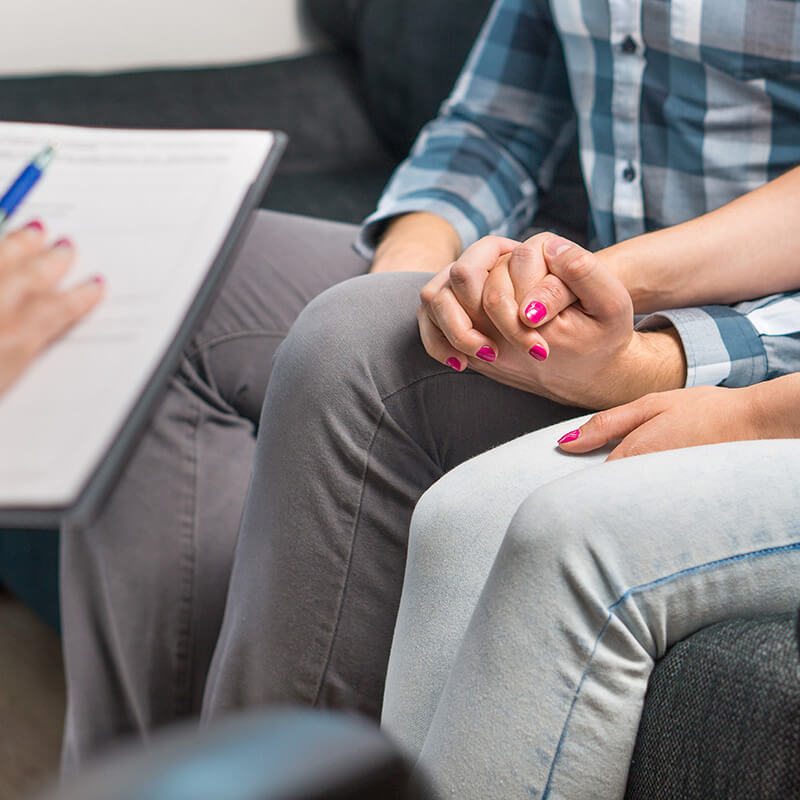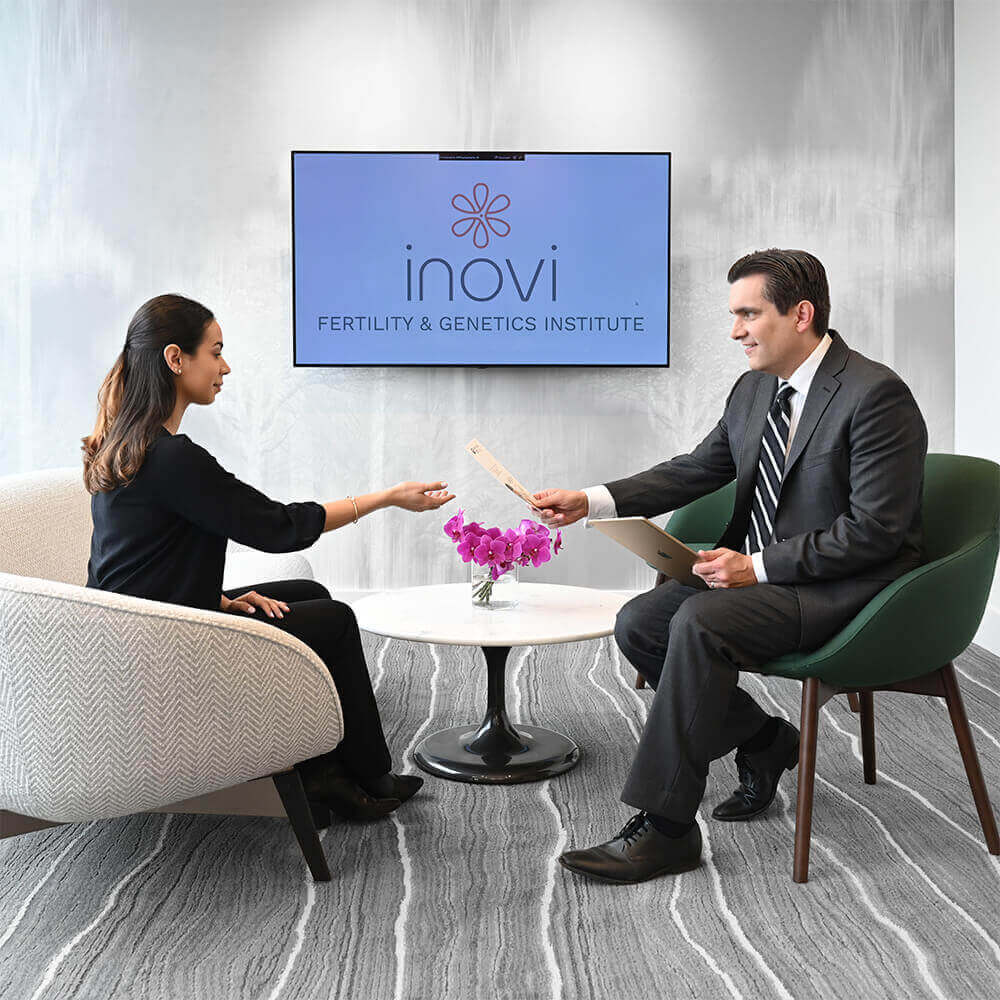
You should schedule a visit with your doctor or fertility specialist at least 3 months prior to conception. This allows your provider to help you plan for your health as well as your baby’s. Assuming you are healthy because your previous pregnancy was complication-free can be risky.
Infertility problems can occur even if your last pregnancy was successful. Caused by one or more obstacles, it can be based on such issues like irregular ovulation or none at all, blocked fallopian tubes or male factor infertility.
As you see, many obstacles can hinder your next pregnancy. However, thankfully, it doesn’t end here. Inovi’s highly trained team of fertility specialists offers help to sort out infertility answers and provide the right treatment options for you to consider.
Prepare for Your Pregnancy

- Plan a visit with doctor to discuss your pregnancy plans at least 3 month prior
- Be prepared to review you and your partner’s medical and family history, vaccinations, genetics and any concerns you may have
- Begin taking 800 micrograms of Folic Acid daily (prenatal vitamin) to prevent neural tube and other birth defects in your baby
- Stop smoking, eliminate alcohol and recreational drug intake
- Consider all harmful chemical exposures and remove yourself from them
- Know the risks for viruses and infections causing potential harm
- Do not eat undercooked meat
- Avoid caring for pets including changing cats litter boxes due to the risk of Toxoplasmosis
- Maintain a normal body weight (check yours with an online BMI Calculator)
- Eat a healthy diet and learn what foods can boost your fertility chances
- Try to engage in moderate exercise five times per week
- Reduce your stress
- Schedule your Fertility First Steps visit when you begin to expect you might need help getting pregnant
Resources to help assist you with these steps:
Substance Abuse Treatment Facility Locator
The Substance Abuse and Mental Health Services Administration (SAMHSA) has a treatment facility locator. This locator helps people find drug and alcohol treatment programs in their area.
Alcoholics Anonymous (A.A.)
Alcoholics Anonymous is a fellowship of men and women who share their experiences, strengths and hopes with each other so that they can solve their common problem and help others to recover from alcoholism. Locate and A.A. program near you.
Smoking Resources:
1-800-QUIT-NOW (1-800-784-8669)
BMI Calculator
Fertility Testing Process
At Inovi we start with the fertility testing process to identify the cause of your fertility roadblocks and develop the right roadmap for you and your partner. These can include evaluating your fallopian tubes, doing blood tests for hormone levels, checking the semen quality of the male partner and imaging of your uterus and ovaries.
What Are Fertility Medication Options?
Once you have undergone the testing, your fertility team may recommend various fertility medications, oral or injectable, to assist with ovulation. These may be part of your plan independent or in conjunction with other assisted reproductive technologies (ART)
These could include:
- Clomid or Letotrozole
- Gonal F or Follistim
- Menopur
- Ganirelix or Cetrotide
- Pregnyl, Novarel or Ovidrel
- Growth Hormone
- Dexamesthasone or Testosterone
When Would I Need An Egg Donor or Use of an Egg Bank?
At times, women in their later 30s and early 40s experience premature menopause or diminished ovarian reserve. Both are symptomatic of poor quality and quantity of eggs. In these cases, you may need to consider eggs from an egg donor either identified by you or those selected from an egg donor bank.
Get ready for your future pregnancy. Call or schedule your treatment planning session at 713-401-9000.
Related Topics

